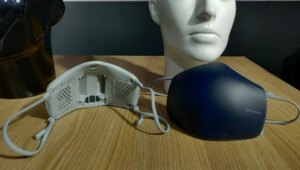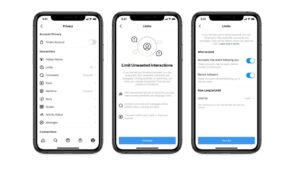
Elon Musk’s lawyer has threatened to sue Meta and its new social media platform, Threads. Musk and his team has accused Meta of stealing Twitter’s business secrets and basically copying everything that Twitter does
Threads, an app launched by Meta with the aim of surpassing the struggling Twitter, has encountered legal complications shortly after its release. Despite amassing more than 30 million users since its launch on Thursday, its competitor has issued a threat of legal action, alleging that Threads violates Twitter’s “intellectual property rights.”
Alex Spiro, the lawyer representing Elon Musk, wrote a letter to Mark Zuckerberg, the CEO of Meta, accusing him of engaging in the “unlawful misappropriation of Twitter’s trade secrets and other intellectual property.” This letter was initially made public by the news outlet Semafor.
Meta accused of stealing Twitter’s trade secrets
The letter claims that Meta has recruited numerous former Twitter employees who have had and still have access to Twitter’s trade secrets and other highly confidential information.
Alex Spiro stated in the letter, “Twitter intends to rigorously enforce its intellectual property rights and demands that Meta immediately cease using any Twitter trade secrets or other highly confidential information.”
In response to a tweet about the news, Musk commented, “Competition is acceptable, but cheating is not.”
In its defence, Meta argues that none of the members of the Threads engineering team were former Twitter employees.
No former Twitter employee on the Threads team
“No one on the Threads engineering team has previously worked for Twitter—that simply doesn’t happen,” said Andy Stone, a spokesperson for Meta, in a Threads post.
Threads represent the most significant challenger to Musk-owned Twitter thus far. Despite facing struggles, Twitter has witnessed several potential competitors emerge, but none have managed to replace one of the world’s largest social media platforms.
On Threads, users can post text, and links, and engage in replies and reposts, similar to Twitter’s features.
Meta’s other platforms, Instagram and Facebook, have a long and successful history of imitating products from emerging internet competitors. The Reels feature on Instagram imitated TikTok’s viral video app, while the Stories feature followed the rise of Snapchat.
Meta not concerned by Twitter’s threat
Meta’s seeming lack of concern may stem from Twitter’s history of resorting to legal threats. In a similar vein, in May, Twitter accused Microsoft of exploiting the company’s API by integrating it into certain Microsoft products.
Furthermore, Twitter demands that Meta promptly cease the use of any Twitter trade secrets or other highly confidential information. Additionally, Meta is prohibited from crawling or scraping data from Twitter.










